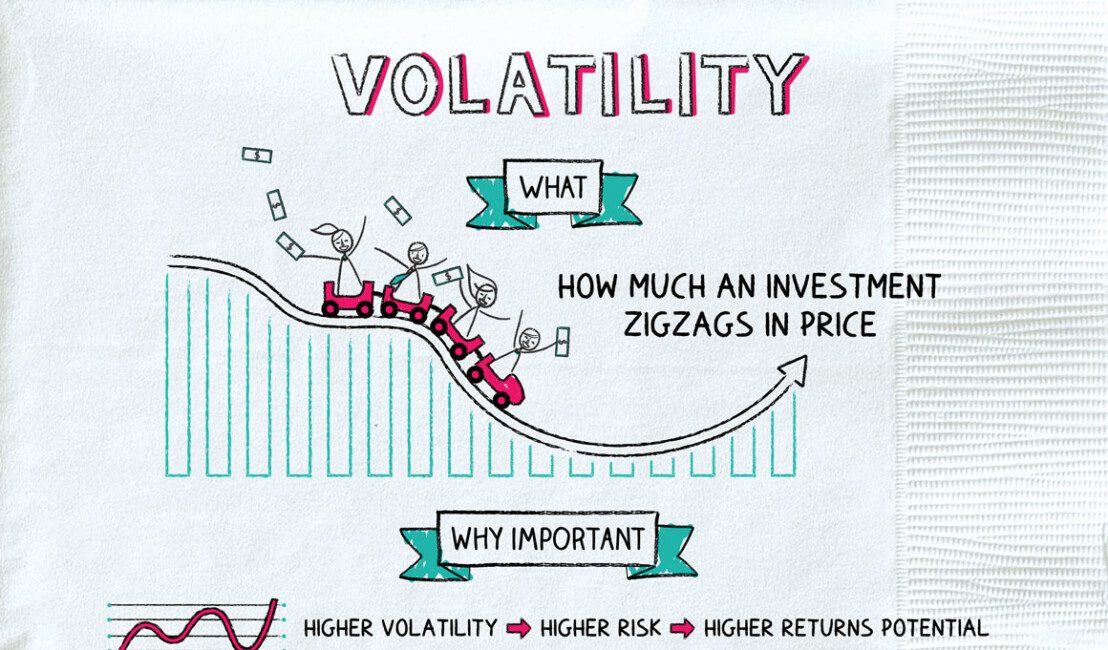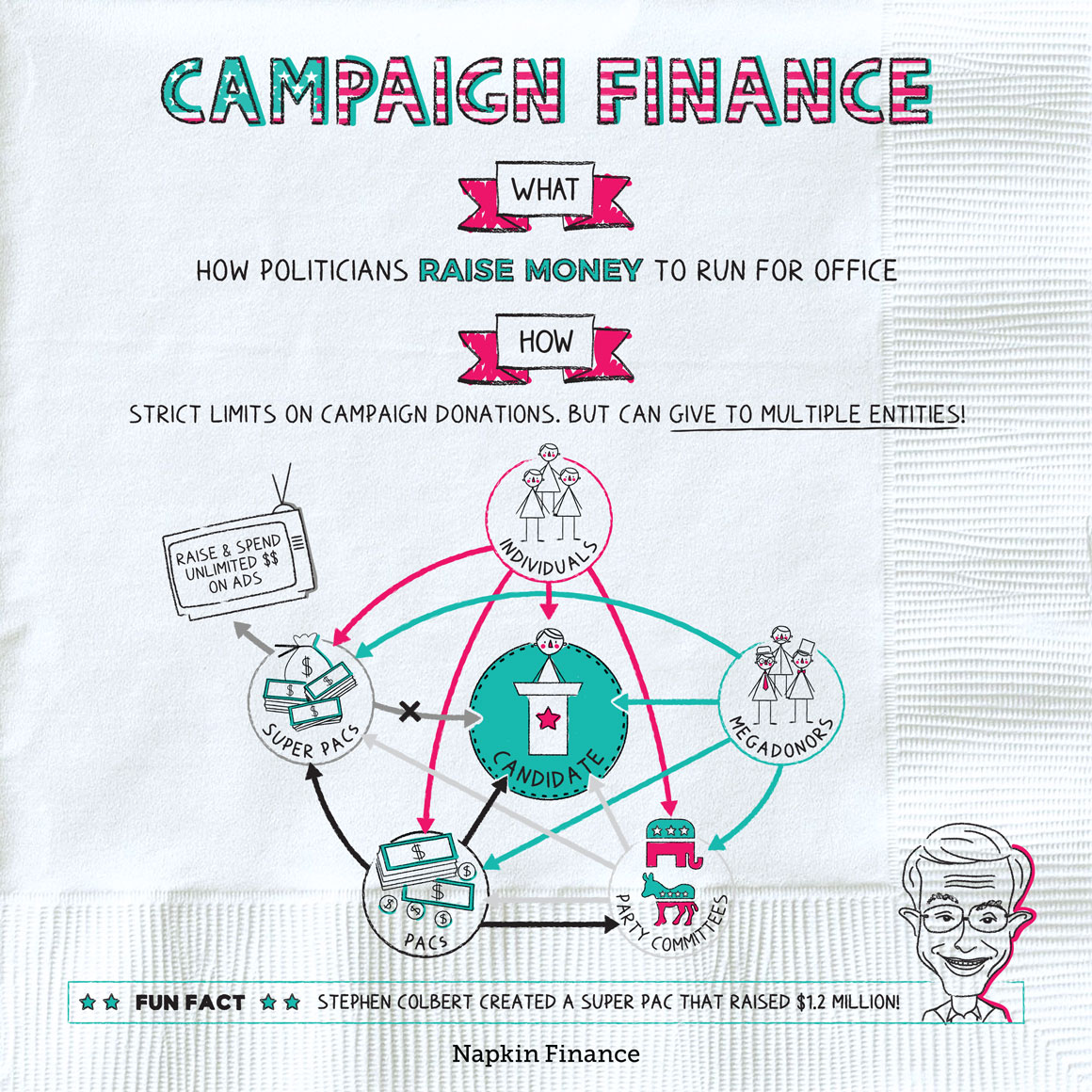Volatility: Buckle Up


The 2020 election is just months away, which means candidates of all stripes will be spending big. How much they can spend depends on how successful they are at raising money from small donors, wealthy donors, and corporations.
Political candidates can raise money several ways: through donations from individuals, party committees, political action committees (PACs) and super political action committees (super PACs). Those last two are typically funded by industries or lobbying groups that want to support candidates who will enact policies that benefit their businesses or causes.
Campaign finance is a crucial part of political life, since these donations cover staff salaries, advertising, policy research, travel, and events. But it’s a controversial topic, with critics saying there are too many loopholes that PACs, super PACs and wealthy donors can use to sway elections.
What could campaign finance reform look like? Here are some of the various options that have been floated over time: